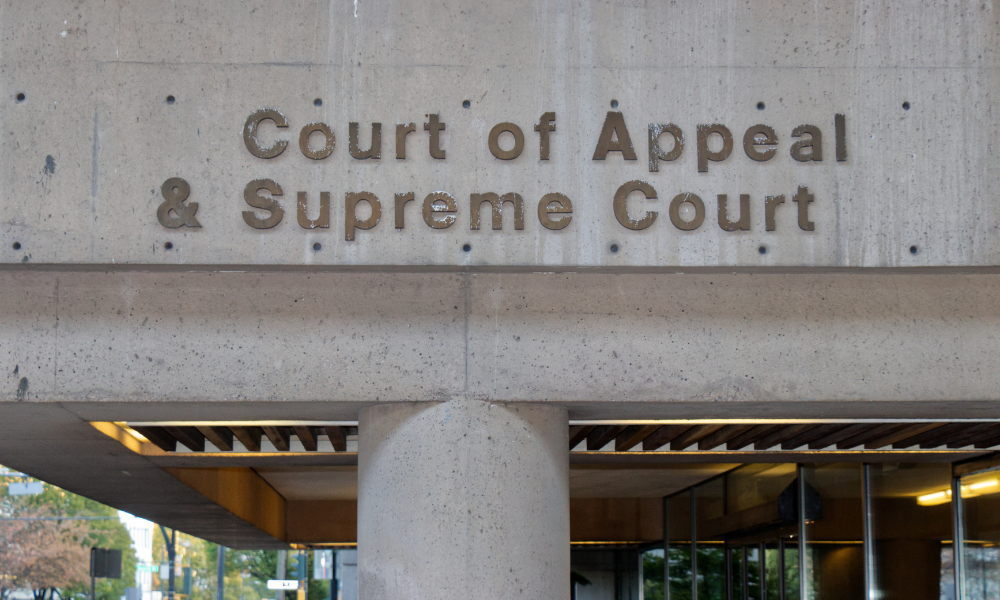
Appeal denied in medical negligence claim seeking aggravated damages against vascular surgeon

The British Columbia Court of Appeal has found it evident that a medical negligence claim failed to allege that a vascular surgeon breached his duty to warn or advise the patient about the possibility of an amputation of his foot.
In Woldemariam v. Reid, 2025 BCCA 172, the patient visited an infectious disease physician on Apr. 12, 2018, due to swelling, pain, and ulcers on his right foot. His symptoms worsened despite receiving treatment, resulting in admission to Mount St. Joseph’s Hospital on Apr. 17, 2018.
The physician referred the patient to the respondent based on suspected ischemic gangrene in one of his toes. The patient consulted with the respondent, a vascular surgeon, at St. Paul’s Hospital on Apr. 24, 2018. The patient had a computed tomography angiogram on Apr. 26, 2018 and set a follow-up appointment with the surgeon on May 3, 2018.
However, the patient suffered a swift deterioration in his condition, including signs of sepsis, on May 2, 2018 and was transferred to St. Paul’s Hospital the next day. The surgeon amputated the patient’s right leg below the knee on May 4, 2018. After the operation, the surgeon provided follow-up care and last met with him in June 2019.
In July 2019, the patient filed a civil claim alleging negligence against specific medical defendants. He said the defendant doctors allowed his foot to become so infected that he needed an amputation. He also pleaded that they failed to:
The defendant doctors requested particulars of the claim. In November 2019, regarding the respondent surgeon, the patient alleged that he failed to properly consider alternatives to amputation and advise about the risks, benefits, and alternatives. The patient asked for aggravated damages.
The patient later discontinued his claims against all the defendants except the respondent surgeon. The surgeon applied to dismiss the civil claim through a summary trial, while the patient cross-applied for leave to amend his claim.
In 2023, a chambers judge of the Supreme Court of British Columbia granted the surgeon’s application and issued a judgment in his favour. On the other hand, the judge dismissed the patient’s claim and cross-application.
On appeal, the patient argued that the appeal court could reasonably read his claim to include an allegation that the surgeon failed to warn him that his lower leg might need an amputation.
The Court of Appeal for British Columbia dismissed the appeal. The appeal court deemed it obvious that the patient’s civil claim, read without his suggested amendments, did not notify the surgeon of an allegation that he failed to warn or advise regarding the potential necessity for an amputation.
The appeal court noted that the patient’s claim stated the opposite. Specifically, the claim alleged that:
Next, the appeal court ruled that the particulars that the patient offered in response to the surgeon’s request did not support his position. The appeal court noted that the particulars alleged that the surgeon failed to properly consider alternatives before amputation or advise the patient regarding any risks, benefits, and alternatives.
The appeal court explained that, if the patient wanted to allege that the surgeon never informed him that the amputation of his foot or lower leg was necessary, it would expect the patient to state a particular of that claim.
Lastly, the appeal court found it unnecessary to address whether a summary adjudication suited this case, given its conclusion that the patient’s claim did not plead a failure to warn or advise about the possibility of amputation.